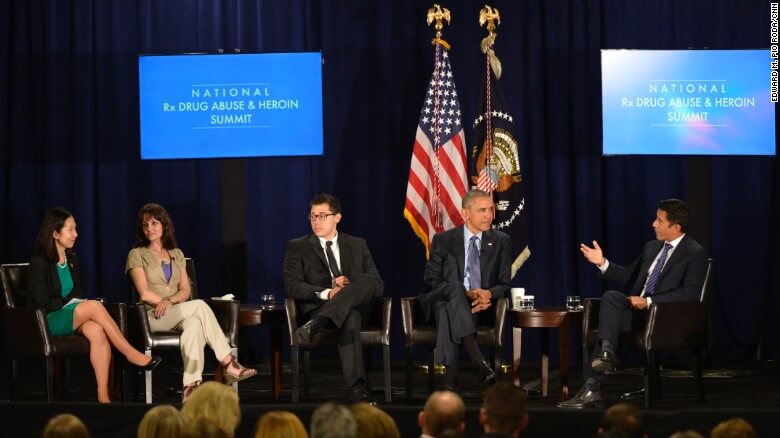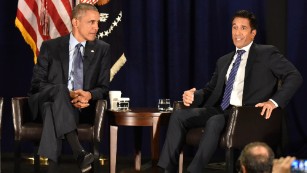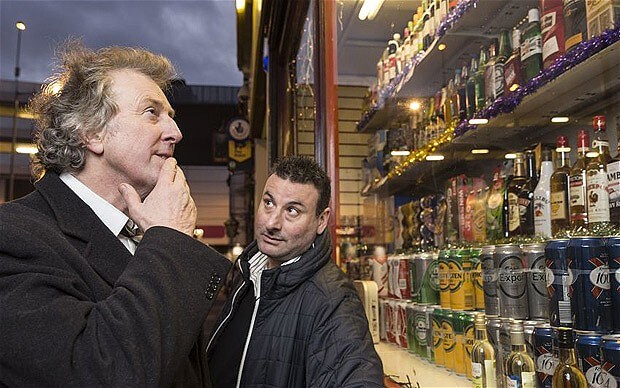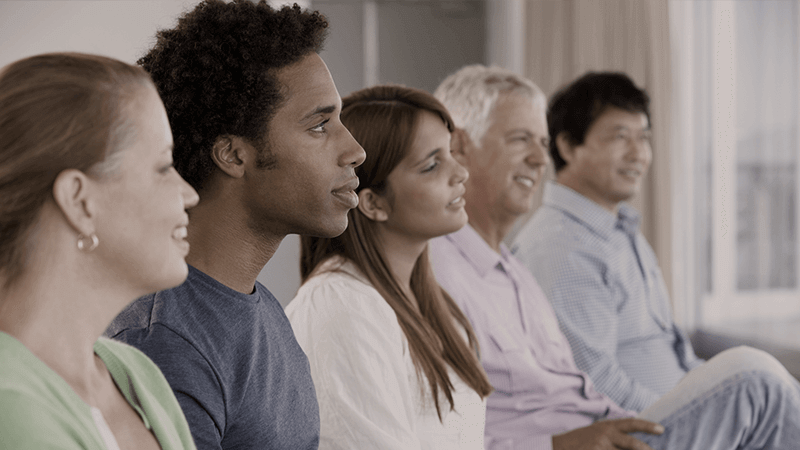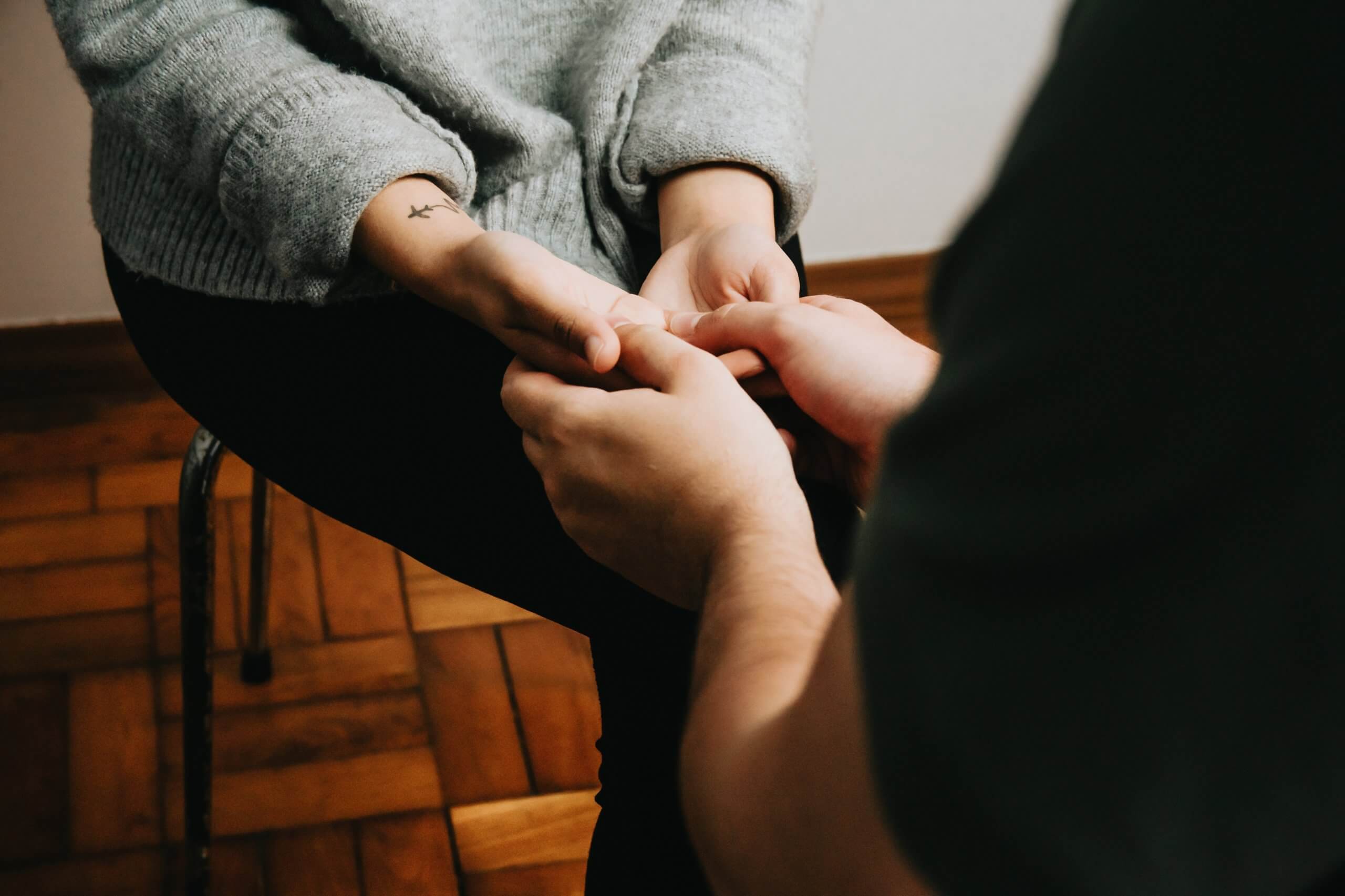I’m prompted to respond to the news yesterday of President Obama’s visit to Atlanta to discuss drug policy, specifically heroin addiction and alternate prescribing such as methadone and suboxone.
Obama: Addiction is a preventable disease
By Nadia Kounang, CNN
Updated 2228 GMT (0528 HKT) March 29, 2016
From left, Dr. Leana Wen, Crystal Oertle, Justin Luke Riley, President Obama and Dr. Sanjay Gupta during the National Rx Drug Abuse and Heroin Summit.
CNN’s Dr. Sanjay Gupta moderates a National Rx Drug Abuse and Heroin Summit with President Obama.
Obama has recently announced several initiatives to expand addiction treatment
Before an audience at the National Rx Drug Abuse and Heroin Summit in Atlanta, President Barack Obama said he wasn’t sure what it was that tipped his life away from addiction. “I wasn’t always as responsible as I am today. In many ways I was lucky, because for whatever reason addiction didn’t get it’s claws on me … except cigarettes,” he said.
“Regardless how individuals get into theses situations. We don’t know everything. There may be genetic components. Addictions may be different for different people. What we do know is there are steps that can be taken to get through addiction and get to the other side, and that is under-resourced.”
President Obama and Dr. Sanjay Gupta during the National Rx Drug Abuse and Heroin Summit.
The President came to Atlanta on the heels of announcing several initiatives earlier in the day to expand addiction treatment and access. The efforts announced today included:
– Providing $11 million dollars to states to expand medication-assisted treatment therapies like methadone and burenorphine, which administer drugs along with therapy to manage withdrawal and recovery
– Upping the limit on the number of patients a doctor can treat with burenorphine from just 100 patients per doctor to 200 patients per doctor
– Adding an additional $11 million to state efforts to use naloxone, the opioid reversal drug
– Establishing a Mental Health and Substance Use Disorder Task Force
Obama sat on a panel moderated by CNN’s chief medical correspondent, Dr. Sanjay Gupta, to discuss the ravaging opioid epidemic across the country.
According to the Centers for Disease Control and Prevention, 78 Americans die every day by overdosing on opioids, a family of drugs that includes legal pain medications such as oxycodone and hydrocodone, along with illicit drugs such as heroin.
On the panel with the President was Dr. Leana Wen, health commissioner for the city of Baltimore, 35-year old Crystal Oertle of Shelby, Ohio, and 28-year old Justin Luke Riley, the president and CEO of Young People in Recovery. Oertle and Riley shared their personal journeys of recovery from opioid addiction.
Oertle was 20 years old when she started using Vicodin recreationally. She said it went from there to other prescription drugs, and when those drugs were no longer available she turned to heroin. She said she needed it just to function on a daily basis, and would even use while her children were at home. The mother of two finally quit a year ago. It wasn’t the first time, but she said this time it has stuck because she is in a medication-assisted treatment program that prescribes burenorphine along with counseling.
Riley first began using drugs when he was just 8 years old. “I didn’t feel comfortable in my skin,” he said, and so he turned to medicating himself with Benadryl. He eventually moved on to alcohol, marijuana, cocaine and prescription pills. By the time he was 19, he was homeless and had gone through six other recovery programs. But, the seventh time worked, when someone looked him in the eye, and said “You can be a service to others.” Knowing he had something to contribute that was valuable instilled a sense of purpose in him. He has been in long term recovery since 2007.
The President said it would take hearing more stories like this to focus attention on the under-resourced crisis. “The public doesn’t fully appreciate the scope of the problem,” he said, which is why he came to Atlanta “It helps to provide a greater spotlight on how to solve this problem.”
President Obama said that to fully understand and solve the issue of addiction and drug abuse, there needed to be a fundamental change in understanding of addiction as a preventable disease from law enforcement to doctors to the public.
Wen agreed, saying the current attitudes toward addiction and treatment were “unscientific, inhumane and frankly ineffective.” They too frequently ended up criminalizing addiction, she added.
———————————————————————————
The only way to stop using drugs… is to stop using drugs.
By Ian Young
It’s all very well for Obama to come out and increase awareness of alternative prescribing to heroin addicts, but he’s missing the point.
The reality is that prescribing methadone to a heroin addict is by no means a solution to addiction, but merely a crime reduction initiative.
It’s not addressing the health issues, but rather attempting to placate the social situation, believing that if a heroin addict is prescribed methadone, that they won’t then commit so much crime to support their opiate habit. And while this appears true on paper, the reality shows no evidence to support this. An addict who knows how to commit crime, however petty, is an opportunist criminal, who will continue to take advantage of opportunities when they come their way.
Furthermore, based upon my own experience (7 years heroin and crack addict, within my 13 years of active drug addiction – clean since 2001), once I no longer needed to worry about my opiate addiction withdrawal (methadone lasts 24 hours) AKA cold turkey / junkie sickness, this allowed me to fully focus on feeding the beast that was my crack cocaine addiction – something far more potent, more expensive and requiring many many more doses per day to keep my demons at bay, compared to heroin.
But most importantly of all, the big elephant in the room is the idea of mixing alternate prescribing of methadone / suboxone with talking therapies, as a way of treating the addiction.
This is a plan doomed to fail for two reasons – 1) giving a drug addict drugs will never achieve freedom from drugs or addiction. Let me repeat that in case I’m not being clear – giving me methadone (a far more potent and pure form of opium) to treat heroin dependancy is simply bonkers. It’s like giving an alcoholic vodka to treat their wine dependancy, justifying it because you’re (the State) in control of the doses.
That’s crazy.
The only way to stop using drugs, is to stop using drugs.
Which takes us to the 2nd point – 2) attempting to engage with someone who is stoned – whether prescribed or purchased from the streets, will never really make any difference. Whilst their mind is intoxicated, the thought processes and patterns will only ever reveal more addictive traits and come from the psyche of someone seeking to feed their addiction, and never cut through to the real person seeking recovery. That can only ever begin once the person is drug free.
Think about it – have you ever tried arguing with someone who’s drunk? What success did you have? Now think about trying to persuade someone who’s in a state of intoxication, that they need to change and find recovery. There are two scenarios here. The first one if that person will manipulate the conversation to ensure that their addiction continues to be taken care of, and the second would be those magical moments when the addict is serious about getting clean. In these instances, prescribing more drugs is the furthest from the solution as could possibly exist.
The only way for help someone stop using drugs, has to begin from a place of actually withdrawing and not actually being intoxicated at all, so the magic of recovery can begin.
Trying to help someone stop using drugs, whilst they’re intoxicated is a waste of everyone’s time.
Trying to help someone quit their addiction to drugs, by prescribing them similar drugs is genuine madness, except when being used for there purposes of detoxification.
The only way to stop using drugs – is to stop using drugs. There’s no alternative I’m afraid.
Learning how to stop and stay stopped is the key here.

